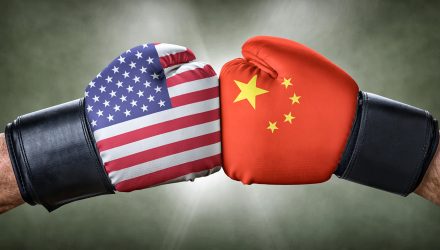“I think if you look at the aggregate performance of the U.S. economy, it’s hard to see much happening at this point,” said Powell. “You can look at it the other way and ask ‘If all the tariffs that have been announced are applied, what would be the affect at the aggregate level?’ They’re still relatively small.”
Powell did mention that loss of business confidence that could reduce investor capital and also the long-term effect on the financial markets are reasons that could bring trade wars under heavier scrutiny by the Federal Reserve. While Powell was quick to dismiss any short-term effects the tariffs have had thus far, he did mention that its long-term effects are cause for concern.
“More than anything, I would worry in the longer run where this is going,” said Powell. “If the end place we get to is lower tariffs, then that would be good–trade generally supports productivity and higher incomes.”
“If this inadvertently goes to a place where we have widespread tariffs for a long time in a more protectionist world, that’s going to be bad for the United States economy.”
Compounding the U.S. China trade wars is that no resolution appears to be in sight as White House economic advisor Larry Kudlow said discussions with China to ameliorate their trade differences aren’t moving forward. This prompted J.P. Morgan to reduced its year-end price target for the MSCI China index to from 95 to 85.
For more trends on leveraged and inverse ETFs, visit the Leveraged & Inverse ETF Channel

